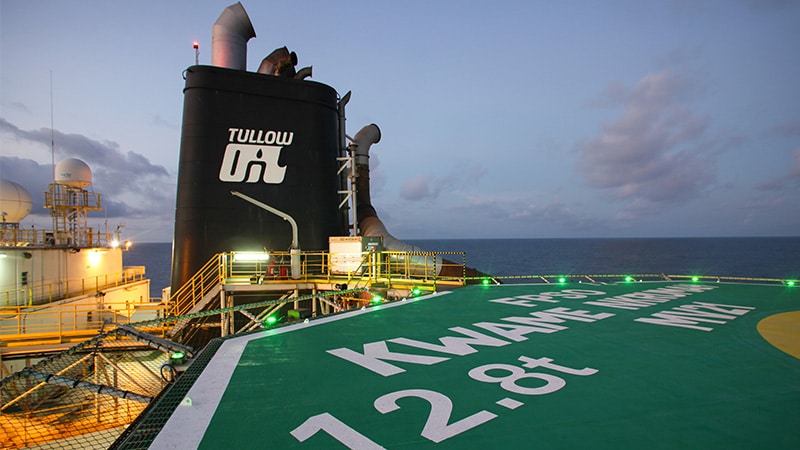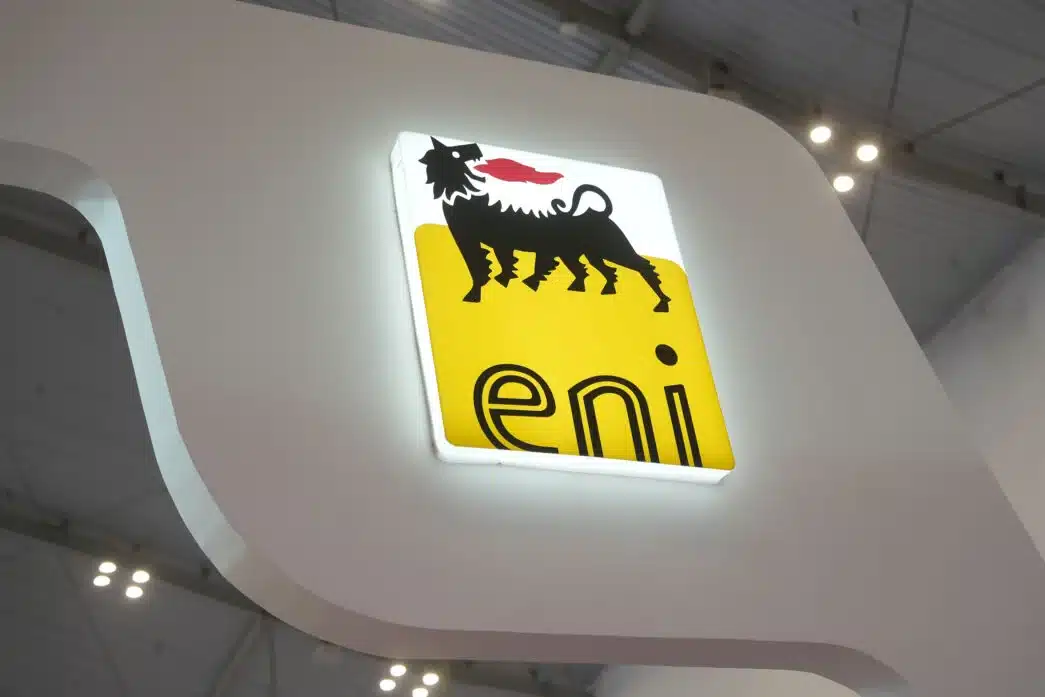Dangote Refinery has imported crude oil from Ghana for the first time since it came on stream in a bid to boost its feedstock bank as domestic suppliers continue to supply below nominated volumes.
Data from Kpler recently showed that receipts from the refinery, which is undergoing upgrades, in August included five Nigerian Suezmaxes, two U.S. Very Large Crude Carriers, and one Ghanaian cargo.
The crude was lifted from the Sankofa, one of Ghana’s key offshore oil-producing fields operated by Italian oil giant Eni.
Sankofa grade is a medium-sweet crude with 29 API and 0.3% sulphur content.
Since coming online, the $20 billion mega refinery with a nameplate of 650,000 barrels per day (bpd) has maintained a wide range of supply sources.
This strategy offers it more options and flexibility beyond traditional Nigerian and American light sweet grades.
Besides Ghana’s crude, Nigeria’s Brass River crude, which has been absent for nearly a year, was also spotted on the refinery’s August slate as quoted from Kpler.
Dangote plans to refine 100% Nigerian crude by the end of this year, a plan which many analysts say seems unlikely.
Devakumar Edwin, Vice President at Dangote Industries in July said:
“Personally, and as a company, we expect that before the end of the year we can transition 100% to local crude.”
Edwin added that the long term plan is not only to meet domestic fuel demand but also to boost exports of refined products.
Recent updates from Dangote refinery
In August, Kpler reported that Dangote’s intake volumes fell to roughly 450,000 bpd compared to the July figure of 570,000 bpd, which itself was a record high.
The August fall is attributed to ongoing maintenance at the refinery’s Residue Fluid Catalytic Cracking Unit (RFCCU).
Dangote Group Chief Branding and Communications Officer Anthony Chiejina, however, denied technical difficulties, calling the RFCC setback reports “untrue” and “speculative”.
Meanwhile, a senior refinery executive told S&P Global’s Platts that work on the RFCCU had concluded and the critical unit would resume normal output by August 24.
While the unit was temporarily offline, S&P Global reported a surge in gasoline imports into West Africa, mostly from Northwest Europe and the Mediterranean.
Currently, the refinery is processing an estimated 610,000 barrels of oil daily, or over 90% of its total installed capacity of 650,000 barrels.
Alongside ongoing works on the RFCC unit, is also an effort to boost the plant’s overall capacity by 50,000 bpd or 7.6%.
Meanwhile, the refinery has exported its first gasoline cargo to the United States, marking a milestone in the plant’s growing supplies to the North American market.








